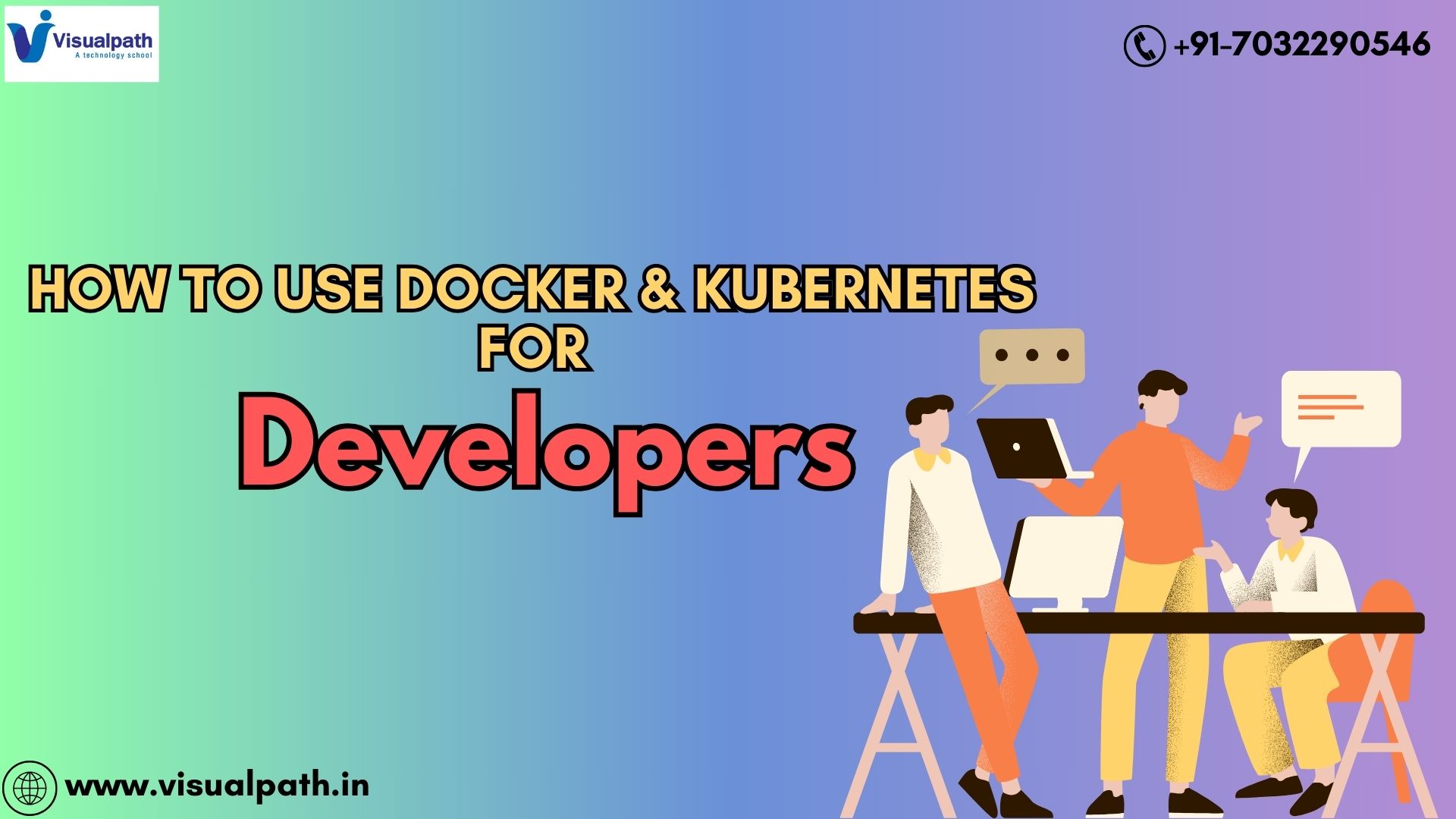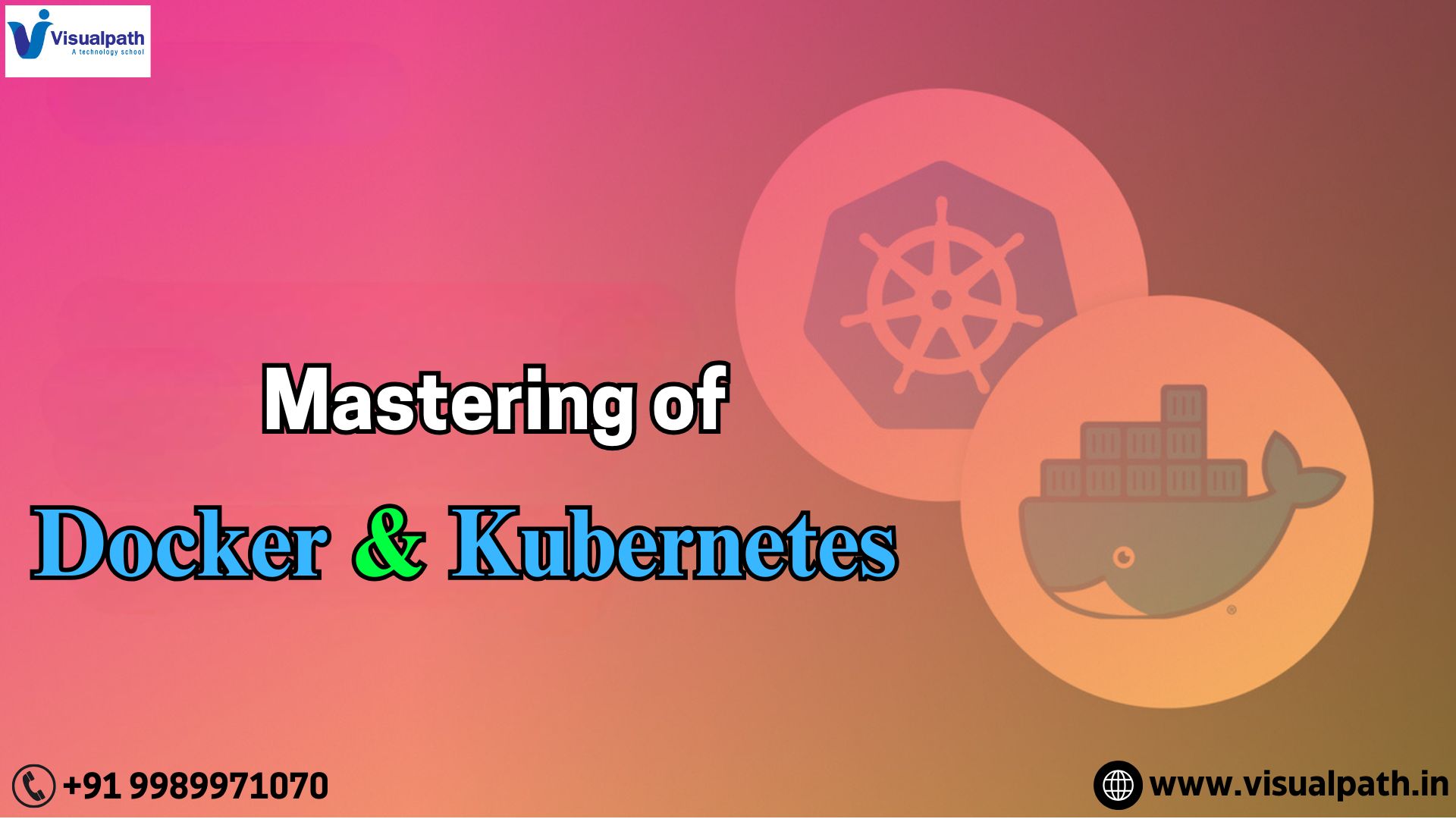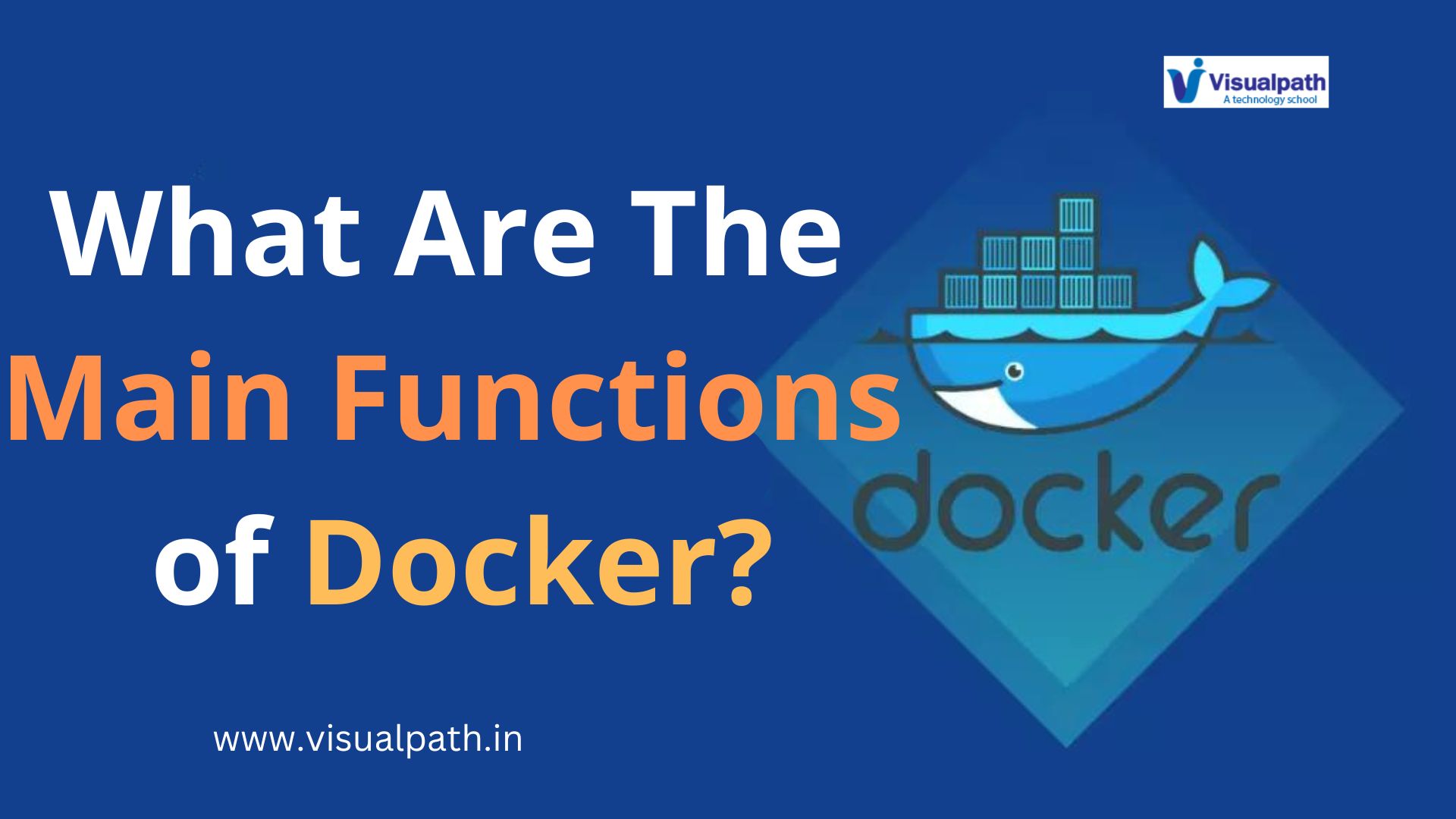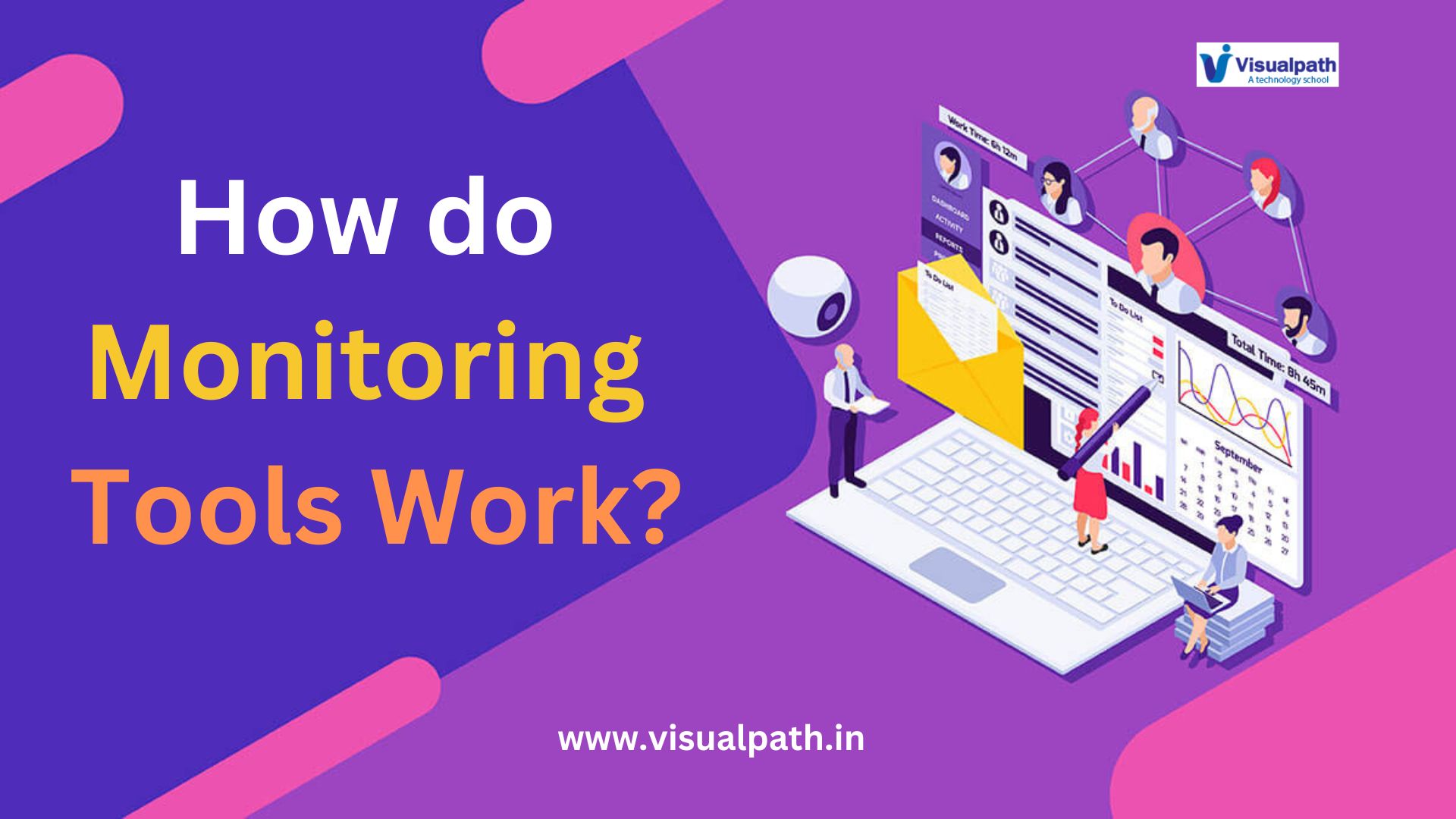Tag: Docker and Kubernetes Training in Ameerpet
How to Use Docker & Kubernetes for Developers
Docker and Kubernetes have become essential tools for modern developers. They simplify the process of building, managing, and deploying applications. Understanding how to use Docker and Kubernetes can help developers streamline their workflows and improve efficiency. In this article, we will explore how these tools work together and their benefits for developers. What is Docker? […]
Mastering of Docker & Kubernetes
Docker and Kubernetes have revolutionized application deployment, making them essential skills for developers, DevOps engineers, and IT professionals. Docker simplifies containerization, allowing applications to run consistently across different environments. Kubernetes, on the other hand, automates the deployment, scaling, and management of containerized applications. To master these technologies, you need a structured learning approach that includes […]
What Are The Main Functions of Docker?
Introduction: Docker has revolutionized the way software is developed, shipped, and deployed. As a platform that uses containerization technology, Docker simplifies the process of creating, managing, and running applications in consistent environments. Docker and Kubernetes Training Containerization of Applications: At the core of Docker’s functionality is containerization. Containers are lightweight, standalone, and executable packages that […]
Kubernetes: How do Monitoring Tools Work?
Introduction: Monitoring tools are critical for maintaining system performance, security, and reliability. Whether it’s an IT infrastructure, network, or application, these tools provide real-time insights, helping teams detect and resolve issues before they cause significant problems. Docker and Kubernetes Training Core Functions of Monitoring Tools: Monitoring tools operate by continuously observing and collecting data from […]
What is the Use of a Docker Network plugin?
Introduction: Docker has become a leading platform for developing, shipping, and running applications. Containers are lightweight, portable, and consistent across different environments, making them ideal for modern application development. Docker and Kubernetes Training What is a Docker Network Plugin? A Docker Network plugin is an extension that enhances Docker’s native networking capabilities. By default, Docker […]
What is the Difference between HPA and VPA in Kubernetes?
Introduction: Kubernetes, the leading container orchestration platform, is designed to manage containerized applications at scale. As applications experience varying levels of demand, it becomes crucial to adjust resources dynamically to maintain performance and efficiency. Docker and Kubernetes Training Horizontal Pod Autoscaler (HPA): Scaling by Replication: The Horizontal Pod Autoscaler (HPA) is a Kubernetes feature that […]
What is the Underlying Technology of Docker?
Introduction: Docker underlying technology, containerization, offers a powerful solution to the age-old problem of “it works on my machine” by ensuring consistent environments from development to production. Kubernetes Online Training The Essence of Containerization: At the heart of Docker lies containerization, a lightweight form of virtualization that allows multiple containers to run on a single […]
How to implement Docker Compose?
Introduction: Docker Compose is a powerful tool that simplifies the management of multi-container applications. As modern applications often consist of multiple interconnected services, managing these services individually can be complex and time-consuming. Docker and Kubernetes Training Why Use Docker Compose? Docker Compose offers several benefits that make it an essential tool for developers working with […]








